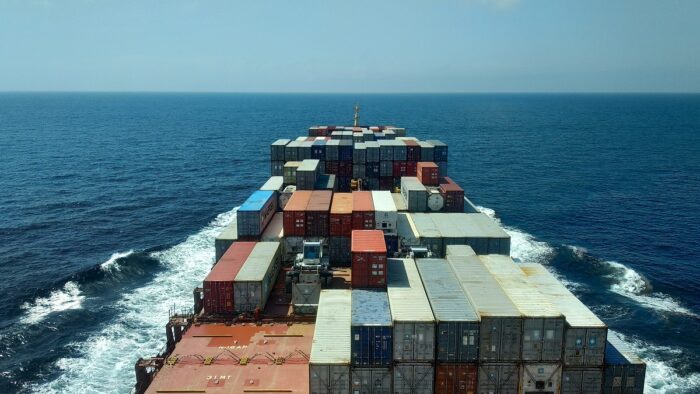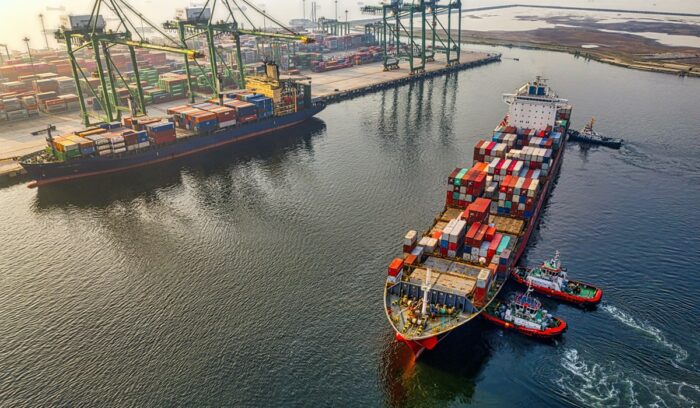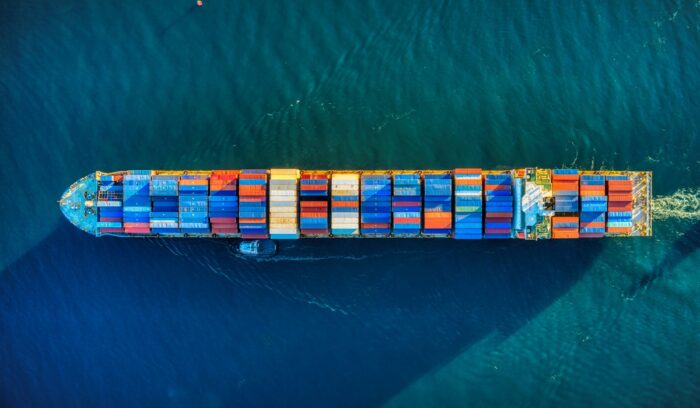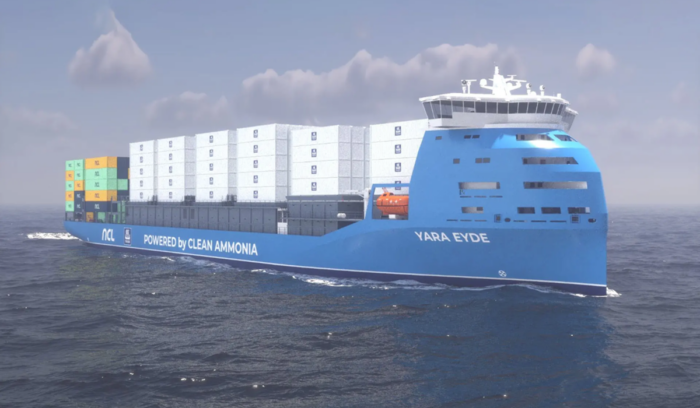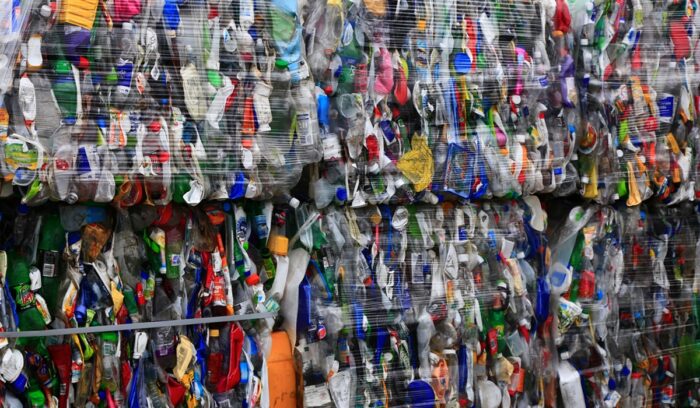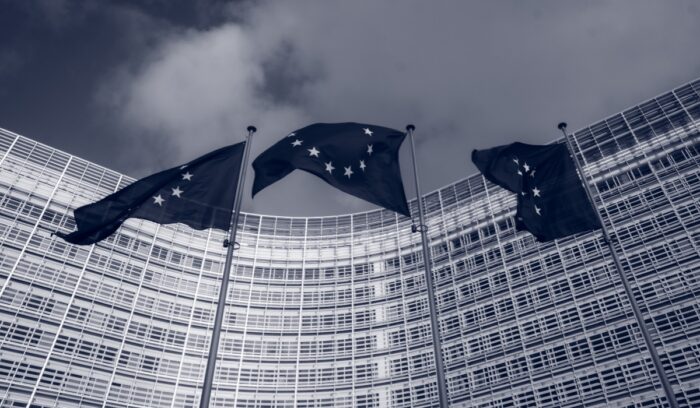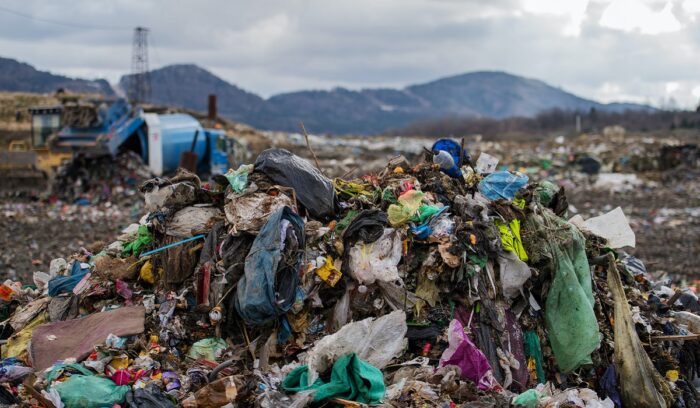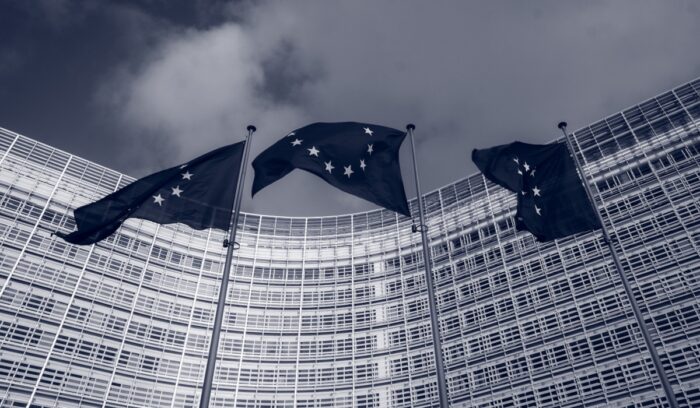Global sulfur dioxide emissions from shipping dropped sharply with the introduction of new rules in 2020
In 2020, the International Maritime Organization introduced strict limits on marine fuels: the maximum percentage of sulfur allowed in fuels fell from 3.5% to 0.5%. All ships worldwide had to comply. As a result, there was a dramatic fall in global sulfur dioxide emissions from over 10 million tonnes a year in 2019 to 3 million tonnes a year later, helping abate local air pollution and acid rain.
